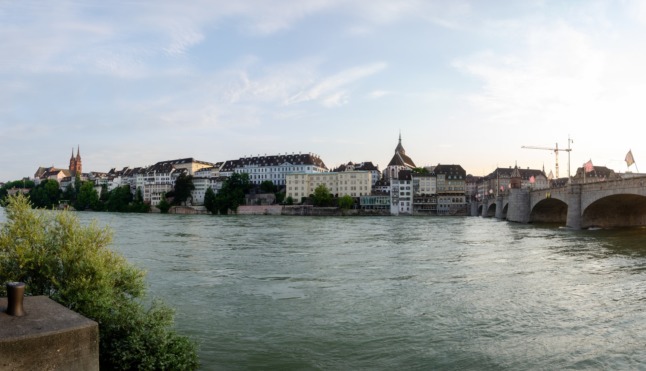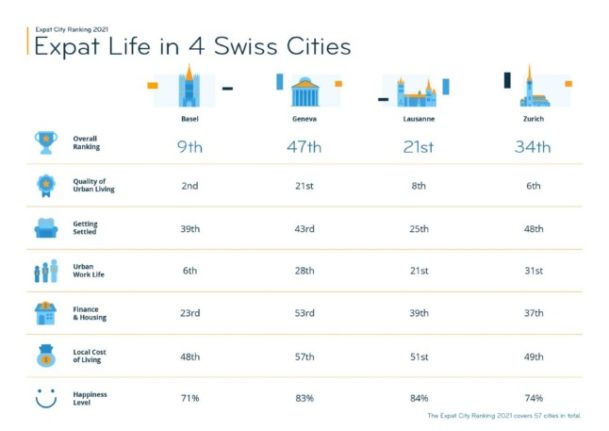Francois Longchamp, then president of Geneva’s executive council, told newspaper La Tribune de Geneve that he refused to intervene when the foreign minster made her surprising request.
“We were not going to sanction agents that did their work in an exemplary manner,” he said.
According to his account, Calmy-Rey called him on May 19th 2010 to say that she was on the phone with a Qaddhafi emissary.
Longchamp said Calmy-Rey told him that “Libya would agree to free the hostage if Switzerland sanctioned the policemen [involved in the arrest] to set an example.”
“She wanted an answer right away,” Longchamp told the newspaper, but he told the minister that he had to ask the cantonal government whether they would agree to the move, even though he already knew that the possibility had been “ruled out.”
During the interview, Longchamp revealed for the first time the details of the arrest, and how the authorities double-checked that Qaddhafi’s son had no diplomatic immunity.
The Switzerland-Libya diplomatic crisis dates back to July 2008, when Qaddhafi’s son was arrested for beating up two of his servants at a luxury hotel in Geneva.
Hannibal Qaddhafi spent the night in a cell. Libya was swift to react: four days later, Rachid Hamdani and Max Göldi, two Swiss businessmen working in Tripoli, were detained on immigration charges.
Both managed to take shelter at the Swiss embassy for months, but they were removed by force and held separately at a secret location for 53 days. This was in retaliation for the publication of Hannibal’s police record, picture included, in La Tribune de Genève.
The freeing of Hamdani and Göldi did not take place until January and June 2010, respectively.
Negotiations were difficult between the two countries, and many Swiss still blush at the thought of the concessions that their government made to Qaddhafi’s regime. These included dropping the charges against Hannibal, repeated apologies, as well as a promise to pay financial compensation if the person responsible for leaking the police record to the press was not found.
After more than two years of diplomatic wrangling, Bern and Tripoli reached an agreement to create a court of arbitration to help resolve the dispute. Last March, some months into the Arab Spring, the Swiss Government said that Qaddhafi was no longer a legitimate negotiator in the dispute and announced the suspension of the arbitration court.



 Please whitelist us to continue reading.
Please whitelist us to continue reading.
Member comments